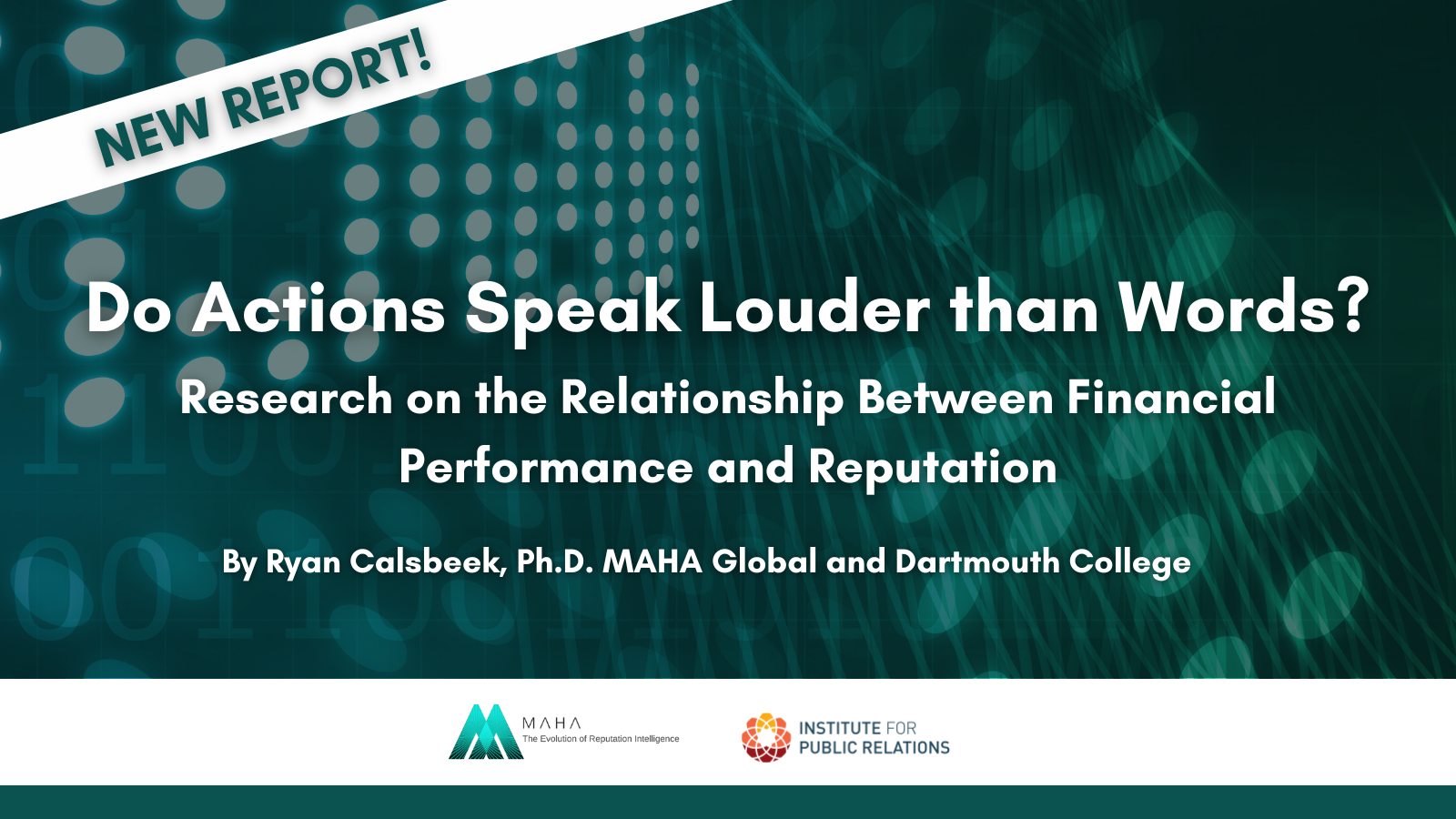As more companies adopt social media, they struggle to find effective metrics for deciding who are the most influential players. This is among the initial findings of a study, “New Media, New Influencers and Implications for the PR Profession,” presented today at the Society for New Communications Research Symposium in Boston, MA. (www.sncr.org/symposium). The study was funded by the Institute for Public Relations and Wieck Media.
Nearly 300 public relations, corporate and marketing communications professionals experienced in social media participated in a survey focused on how influence patterns are changing and how communications professionals are addressing those changes. In addition, several case studies have been collected.
Fifty-seven percent of respondents said that social media tools are becoming more valuable to their activities as more customers and influencers use them. Twenty-seven percent reported that social media is a core element of their communications strategy. Only 3 percent stated that social media has little or no value to their communications initiatives. Respondents believe that social media is most effective for the following sectors: arts, entertainment and recreation; communications; computer hardware; and education.
“Blogs, podcasts, and social networks are changing the way we think about media and influence,” said Jen McClure, executive director of the Society. “We wanted to learn what criteria communications professionals use to define new influencers; how social media is being used to communicate with these influentials; and how to measure the effects of such efforts. The ultimate goal of the study is to offer a set of recommendations to the PR profession.”
Respondents reported that the most effective tools for their social media initiatives are currently:
- Blogs
- Online video
- Social networks
The top three criteria for determining the relevance and potential influence of a blogger or podcaster are:
- Quality of content on the blog or podcast
- Relevance of content to the company or brand
- Search engine rankings
Surprising to the researchers was the fact that criteria that measured online engagement for blogs and podcasts were among the least important to the respondents.
However, for online communities and social networks, the top three criteria for evaluating influence do reflect the importance of online engagement:
- Participation level
- Frequency of posting by the community member
- Name recognition of the individual
Fifty-one percent of respondents are formally measuring the effects of their social media initiatives. The metrics they value most are enhancement of relationships with key audiences, enhancement of reputation, customer awareness of program and comments/posts relevant to organization/products. Close to the bottom of the list was traditional media coverage.
“The respondents are admittedly power users, but their thinking on new media and influencers will be instructive to all communications professionals,” said McClure.
Detailed results of the study will be published in the upcoming issue of the Journal of New Communications Research and a full report will be made available via the Society and the Institute for Public Relations in early 2008.
About the Institute for Public Relations
The Institute for Public Relations (instituteforpr.org) is an independent foundation dedicated to the science beneath the art of public relations. It exists to build and document research-based knowledge in the field of public relations, and to mainstream this knowledge into practice and education.
About Wieck Media
Wieck Media (www.wieck.com) is the official online technology partner of the Institute for Public Relations. Launched in 1991 by a group of United Press International veterans, the company was founded to facilitate the distribution of news, images and video to print, broadcast and web news outlets around the world. Key clients include The New York Times, Kyodo International, Toyota, GM, Honda, Ford, Michelin, Verizon, Australian Customs Service, Los Angeles World Airports, American Airlines, Southwest Airlines, Haymarket Publishing in London and The Arthur W. Page Society.
About the Society for New Communications Research
The Society for New Communications Research is a global nonprofit 501(c)(3) think tank dedicated to the advanced study of new communications tools, technologies and emerging modes of communication, and their effect on traditional media, professional communications, business, culture and society. The Society’s Fellows include more than 40 futurists, scholars, business leaders, professional communicators, members of the media and technologists from around the globe. In addition, the Society’s members include a Vendor Council with representatives from more than a dozen leading technology companies and Organizational Affiliates comprising industry associations, research organizations and other leading think tanks. For more information about the Society for New Communications Research, visit www.sncr.org or call +1 (650) 331-0083.



